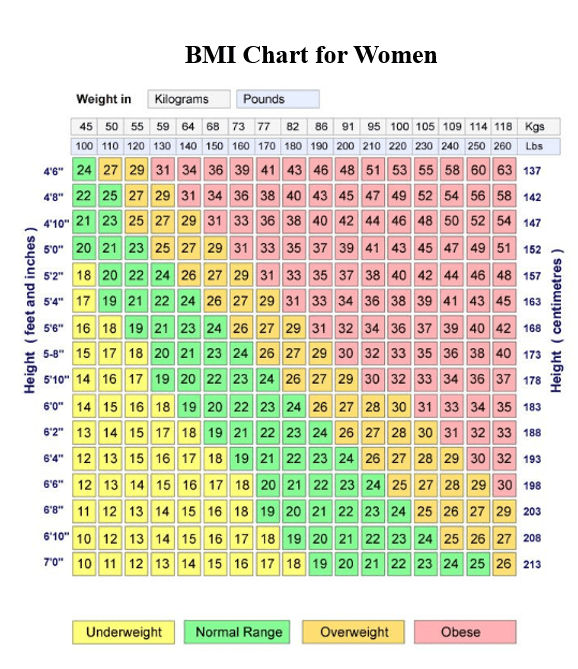You are probably anxious to get pregnant soon. Now odds are it didn’t happen in the very first month. We will discuss how long it typically takes to get pregnant when you’re trying to conceive.
According to statistics, among couples who are trying to get pregnant, about:
- 30% of women will conceive in one month
- 60% of women will conceive in three months
- 80% of women will conceive in six months
- Over 85% of women will get pregnant after one year of trying
Roughly, 10% to 15% of couples are diagnosed with infertility. Their odds of conceiving without treatments such as IVF are lower. To get the proper advice you will have to consult the IVF specialist.
The technical definition of infertility is – no pregnancy within one year of trying for those younger than 35 and six months of trying for those 35 and older”.
Are you having timely intercourse?
Intercourse matching with your most fertile times increases the chances of pregnancy. This means that you must have intercourse when you are ovulating (when the egg is getting released from the ovary). The egg is out of the ovary for 12 to 24 hours. It must get fertilized by the sperm during that time to get pregnant.
Statistics say that couples trying to conceive by timely intercourse every month according to their fertile window have better pregnancy rates.
- After one month of trying, 38% of couples can get pregnant
- After 3 months of trying, 68% of couples can get pregnant
- After 6 months of trying, 81% of couples can get pregnant
- After one year of trying, 92% of the couples can get pregnant
The pregnancy rates of couples having timely intercourse are about 8% higher compared to the rates when people were not specifically having timely intercourse.
Fertility drops as we age
- You must know that after the age of 27, our fertility drops. New research is pointing to the age of 32 as the point at which fertility stops dropping.
- Nowadays, it is common for women to delay having children until their late 20s, 30s, or even early 40s.
- But we often worry about the effects of waiting, while we try to ignore our mother-in-law talking about our biological clocks ticking.
Wondering how your age is affecting your fertility?
- Here is the plain truth. Your eggs have been disappearing since the day you were born. Actually, even before you were born.
- Your ovaries had their maximum stock of eggs when you were a fetus of just 20 weeks. At that point, inside your mother’s uterus, you had 6 million to 7 million eggs.
- By the time you were born, you had up to 2 million eggs.
- By the time you hit puberty, you had around 300,000 to 500,000 eggs left.
- The number just declines from there down to about 25,000 eggs at age 37 and down to 1000 eggs at age 51 when most women hit menopause.
- As mentioned, fertility starts significantly declining around age 32 and even more rapidly after age 37, but that differs from person to person.
Let’s get back to our original question: how long does it take to get pregnant naturally. Let’s discuss the additional variable of age:
- In their 20s, about 86% of healthy fertile women will get pregnant after one year of trying to conceive.
- In their early 30s, about 63% of women will get pregnant in one year.
- In their early 40s, only 36% of healthy fertile women will conceive in a year.
- By the age of 45, the percentage goes to about zero.
One more factor that can affect your fertility is BMI.

If your BMI is lower or higher than the normal range, then it decreases your odds of becoming pregnant.
Women with a BMI less than 19, which is below the healthy normal range, take 4x more time to conceive.
It takes on an average twice as long for women with obesity to become pregnant as compared to normal-weight women.
For example, after stopping contraception for a year, women with BMI in the obese range had a sixty-six percent chance of becoming pregnant as compared to normal-weight women who had an 81% chance in that study.
The good news is that increasing or reducing body mass to the normal range could correct weight-related infertility.
The Final Word!
If you didn’t get pregnant in that very first month, it’s totally normal. It takes a couple of months for pregnancy to happen. And when that happens, it is all worth the wait when your baby is in your hands.
If you feel you need proper advise, do not hesitate to consult the Gynecologist.

